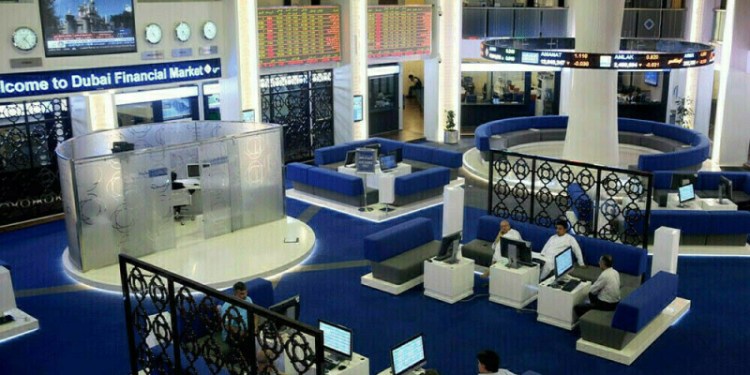 © Bloomberg. James Bullard Photographer: Akio Kon/Bloomberg
© Bloomberg. James Bullard Photographer: Akio Kon/Bloomberg(Bloomberg) — The better-than-expected growth rates in the U.S. economy are set to dissipate unless productivity picks up, Federal Reserve Bank of St. Louis President James Bullard said.
“The U.S. will likely need faster productivity growth in order to maintain current real GDP growth rates,” Bullard said Monday during a talk in Singapore. “This is a possibility if U.S. investment improves and technological diffusion begins to improve business processes at a faster pace.”
Bullard, who is among the Fed’s most dovish policy makers, said faster-than-expected growth over the last year-and-a-half allowed the U.S. central bank to continue raising interest rates even as inflation was lower than Fed officials expected. In mid-2017, a widely-tracked gauge of U.S. price pressures unexpectedly declined to 1.4 percent before rebounding to its 2 percent target this year.
The Fed’s interest-rate setting committee voted on September 26 to raise rates for an eighth time in three years, and published projections revealing it expected gradual hikes would continue to be appropriate through 2020. Bullard is not a voting member this year, but will be in 2019.
The St. Louis Fed chief said that continued rates increases weren’t necessary.
“We’re good where we are,” he said after delivering the OMFIF Foundation City Lecture in Singapore. “We have a good level of rates where we are. We have inflation expectations really well centred at target. We should say from here on, we’ll react to the data. That’s the sensible way to go.”
Trade War Risks
Besides, the Fed is cognizant of what’s happening in the world economy, including in emerging markets, and is on watch for those factors that will feed back to the U.S. economy, like the worsening trade conflict, he said.
While the revamped North American Free Trade Agreement between the U.S., Mexico and Canada send the right kind of message on trade agreements, Bullard sees China and the U.S. digging in their heels, which makes it difficult to see an agreement.
A “generalized trade war” that persists will be “very negative” for the global economy, he said.
(Updates with additional comments from fifth paragrah.)
To contact Bloomberg News staff for this story: Matthew Boesler in Beijing at [email protected];Nasreen Seria in Singapore at [email protected]
To contact the editors responsible for this story: Malcolm Scott at [email protected], Karthikeyan Sundaram, Unni Krishnan
©2018 Bloomberg L.P.
Fusion Media or anyone involved with Fusion Media will not accept any liability for loss or damage as a result of reliance on the information including data, quotes, charts and buy/sell signals contained within this website. Please be fully informed regarding the risks and costs associated with trading the financial markets, it is one of the riskiest investment forms possible.
Source: Investing.com



























